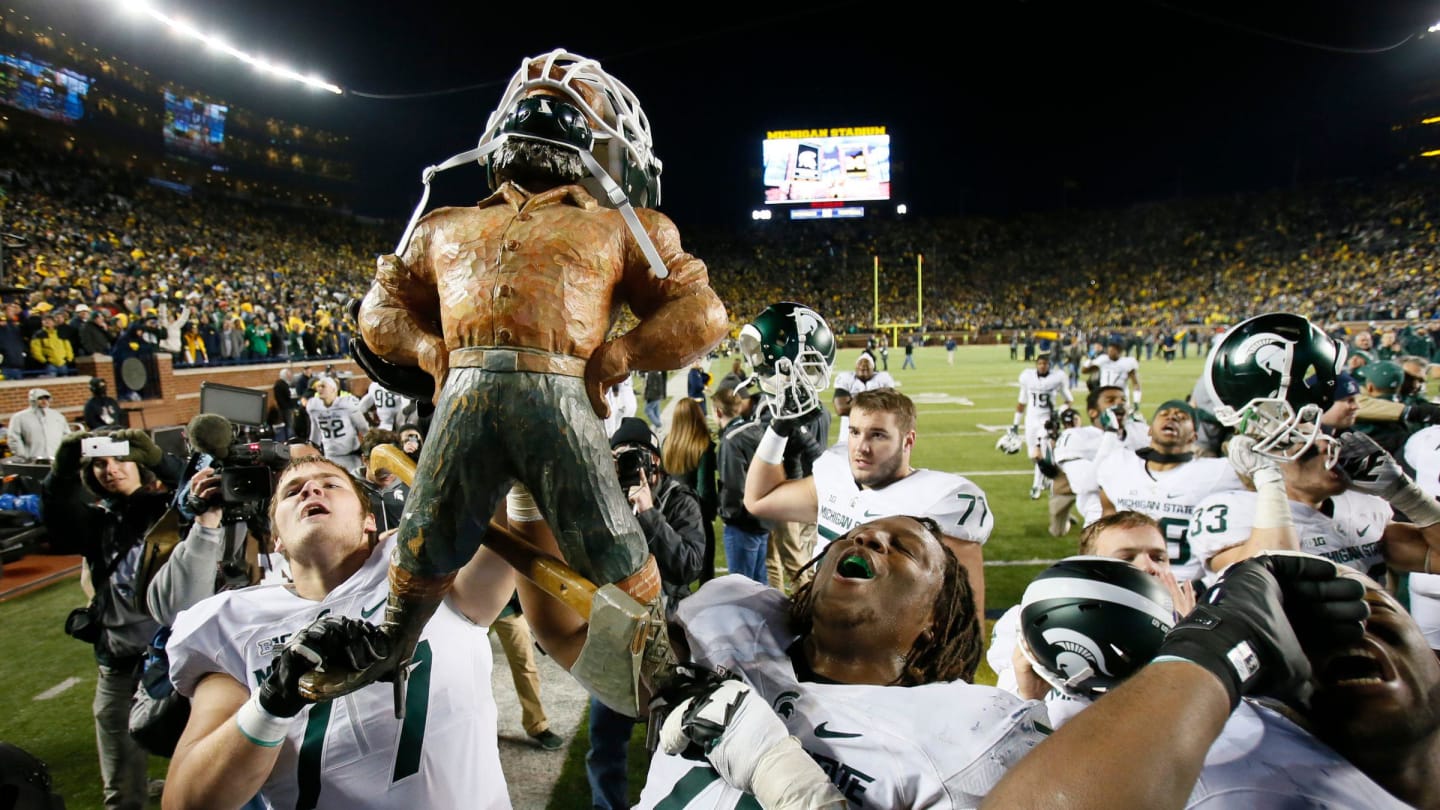Portage property values increase by 30% or more due to revaluation

Next year, property owners in Portage County can expect an average increase of 30 to 35 percent in the value of their properties as part of the six-yearly reassessment.
Portage County Auditor Matt Kelly recently spoke before the Streetsboro City Council about the revaluation of Portage County properties and the schedule of events for those who wish to challenge the new value.
He estimated that property owners in Portage County can expect an increase of 30 to 35 percent, which is in line with increases in value across the state, where increases range from 28 to 41 percent.
He said he has been making the rounds at local government meetings and recently spread the word at the Fourth of July parade in Aurora.
“I’m trying to get ahead of this so the citizens of Portage County know what’s coming,” he said.
Why are properties revalued?
Ohio law requires the state’s 88 counties to reassess the value of all property every three years. The new values determine the share that individual property owners and entire communities must pay to fund school districts, libraries, drug rehabilitation and mental health programs, zoos, city parks, local governments and more.
This year, Portage County will undergo a comprehensive six-year update based not only on property sales data but also on a physical inspection of all agricultural, residential and commercial properties in the county. Last year, neighboring Summit County underwent a three-year update based solely on one year’s sales data.
Kelly stressed that a 30 percent increase in value does not necessarily mean a 30 percent tax increase and that “about half of that is a rule of thumb.”
“It’s a price shock,” he said. “When people hear their value is going up 30%, they think their taxes are going up 30%. It’s not dollar-for-dollar value.”
How does the reassessment process work?
Later this month and into August, property owners will receive notifications from the district about the new valuation.
Informal hearings will be held in August and September. Property owners will need to schedule an appointment with an assessor to discuss their assessment and any errors. Informal community meetings are also expected to be announced soon.
Between October and December, the final values are submitted to the state for approval and tax rate calculation.
The deadline for filing formal complaints with the Board of Revision is January through the end of March. These complaints allow property owners to formally challenge new assessments.
Why are property values rising?
Cheryl Wood, a real estate agent at Remax Pathway in Kent, said the property market has struggled for years to recover from a market crash that drastically reduced property values for years.
“It took until 2017 for the values to reach the level they would have reached if they had increased by three to three and a half percent annually,” she said.
But due to the COVID-19 pandemic, interest rates have dropped dramatically. At the same time, a shortage of homes on the market meant that many buyers offered more than sellers were asking.
“Many buyers were looking for homes that didn’t exist,” she said. “They made offers that were above the asking price.”
The resulting shortage of affordable homes particularly disadvantages first-time buyers. She said she also hears that there is a shortage of rental properties, which puts these people in a bind.
Interest rates have risen, she said, and housing inventory is just beginning to grow, which is stabilizing the market, Wood said.
Streetsboro Mayor Asks How Much Taxes Will Rise for Property Owners
Mayor Glenn Broska questioned how much the increase would actually be for voters, pointing out that passed taxes cannot simply raise more money just because property values are rising.
“Realistically speaking, we have a tax rate of 72 per thousand,” said Broska, adding that about 20 per thousand of that is “inside millage,” i.e. unelected taxes. “I can imagine the tax rate going up for that. But at 52 per thousand, we shouldn’t see a tax increase.”
Kelly said the impact on each municipality depends on the taxing district, and there are a number of factors that affect individual property owners’ taxes.
“I can give you better numbers, and even better ones once the numbers are official,” he said.
Kelly said he expected “a lot of phone calls” and hoped hundreds of people would come to the informal hearings, but “that’s what I signed up for.”
He urged citizens to talk to their legislators and urge them to find another way to raise tax revenue.
“Let’s make it a little easier,” he said. “Let’s not have to confront the property owner every time.”



